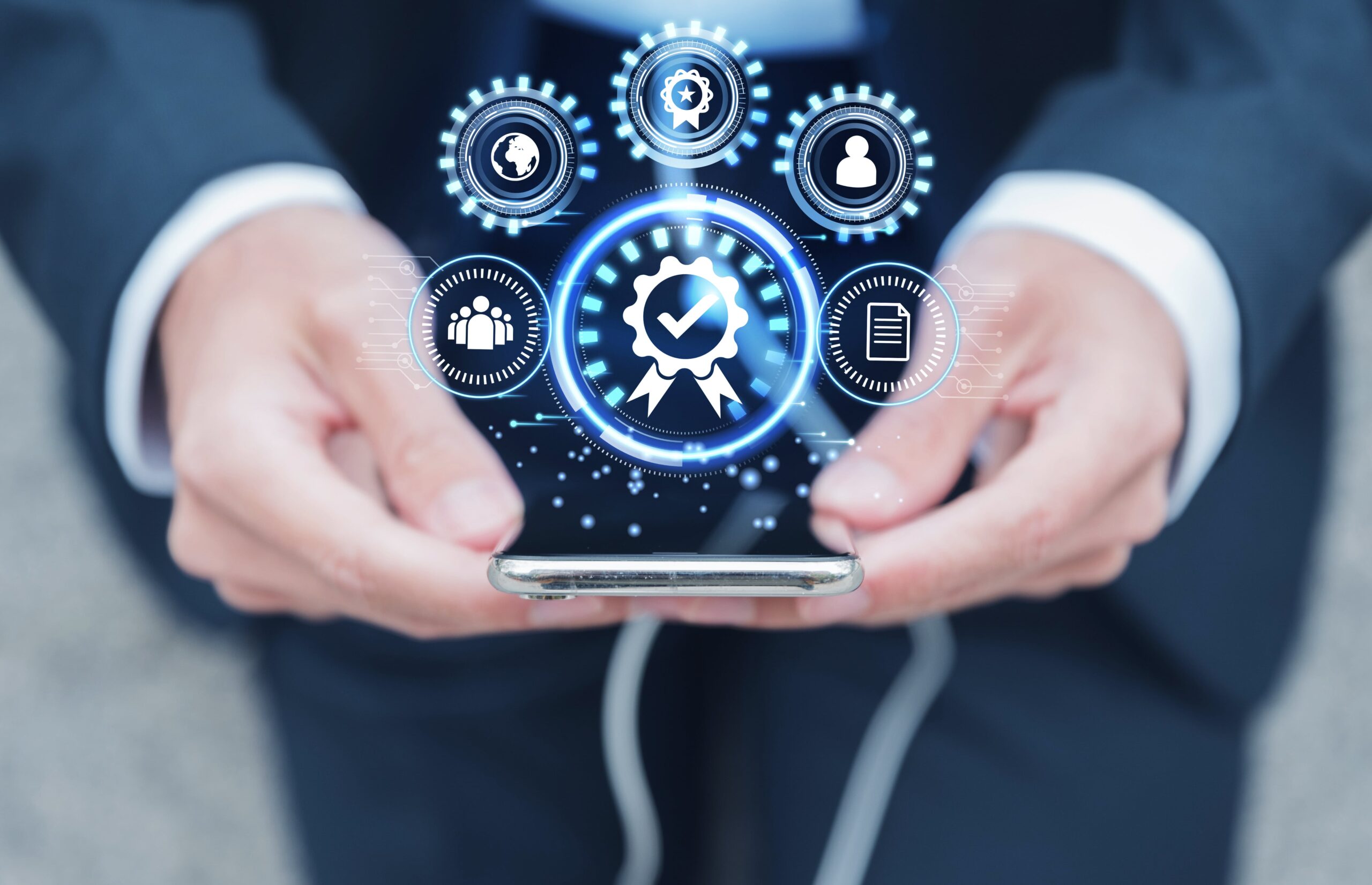
Artificial intelligence is definitely a beneficial tool. But will it eliminate the “human” part of human resources? Nowadays, the majority of HR leaders use AI for so many functions, including payroll, recruitment, onboarding, and performance monitoring. Many hr outsourcing services are also using AI to revolutionize the industry.
In the future, AI should be capable of hiring and firing as well as more hard jobs like responding to employee HR questions and communicating wage information. Despite the advantages, there are certain issues associated with implementing AI in HR, such as the technology’s limits and susceptibility to hackers.
HR professionals and hr outsourcing companies now use machine learning and algorithms to expedite their work processes, lessen their biases, and improve their analysis and decision-making because of the advancements in AI technology. However, some companies are hesitant to employ AI for more use cases due to its current drawbacks and vulnerabilities.
How HR Departments are Utilizing AI
According to the majority of the 250 HR leaders polled for Eightfold AI’s report, The Future of Work: Intelligent by Design, AI is already being used in a variety of HR processes, including performance management (72 percent), payroll processing and onboarding new hires (69 percent), and hiring and recruiting (73 percent).
92 percent of HR leaders plan to employ AI more frequently in at least one HR function in the future. Personnel records management (39 percent), hiring and recruiting (41 percent), performance management (43 percent), payroll and benefits administration (42 percent), and orienting new hires (40 percent) are the top five categories. In the upcoming 12 to 18 months, the majority will wish to enhance their consumption.
How HR Departments use AI
AI tools are adaptable to outsourcing hr functions and several applications, supporting them in carrying out numerous crucial tasks in an instant, more thorough manner than ever before. Here are a few instances of how HR divisions are now utilizing AI.
-
- Recruitment and Hiring
One of the first HR functions AI was utilized to enhance was recruiting and talent acquisition. AI has substantially shortened the time spent hiring new employees by automating routine operations, from posting jobs to delivering job offers.
In order to locate and interact with potential candidates, professionals that source IT developers, UI/UX designers, and other technical professions frequently use tools like GitHub and LinkedIn. These experts can make personalized communication sequences for each candidate with the use of AI, which will increase response and engagement rates.
AI can also be used to measure and analyze conversion rates, which helps to hire managers and recruiters to pinpoint and improve their most effective outreach techniques. Programmatic job advertising platform PandoLogic, which is committed to using AI for good, has most recently been investigating the potential of ChatGPT and generative AI to advance recruiting chatbot technology. The best hr service providers are now using AI to make the best of technologies.
-
- Onboarding
Onboarding new hires can be developed and automated by AI – employee document verification, conducting induction training and controlling administrative chores such as issuing IDs and granting access to business hardware and software. AI can streamline and personalize the onboarding process, a crucial component of HR. Chatbots with AI capabilities can assist in onboarding new employees.
-
- Monitoring Employees
The top employee monitoring software now includes AI to spot productivity bottlenecks by tracking the internet activities of employees. Administrators may manage huge workforces with ease by getting notifications and warnings when AI discovers abnormalities or policy violations rather than manually monitoring activities.
-
- Growing and Learning
AI in learning and development can aid in creating individualized training for every employee. AI has great promise for enhancing employee development.
-
- Internal Movement
Utilizing AI techniques to discover talent within the company facilitates employee career development and promotion.
Benefits of AI for HR Departments
While change might be intimidating, AI solutions offer HR departments a number of crucial advantages, improving their operations and promoting better decision-making. The following are some of these advantages:
-
- Increased Effectiveness
AI can automate time-consuming, repetitive procedures, so hr outsourcing services and other HR experts can aim at making strategies. Additionally, AI enhances decision-making by offering insightful data from predictive analytics and HR. AI, for instance, can improve hiring effectiveness by reducing the selection and screening process. In order to help recruiters make better hiring decisions, algorithms can evaluate resumes, identify the most qualified prospects, and provide information.
-
- Lower Expenses
Large-scale data analysis using AI-powered tools can reveal patterns and trends and offer affordable fixes. AI, for instance, offers details on the hiring sources that produce the highest caliber of candidates, permitting you to adjust your hiring budget or discontinue inefficient recruitment channels.
-
- Improved Judgment
In order to make sure that you are hiring the best candidates and offering the greatest compensation and benefits packages, AI helps with the collection and analysis of data in your HR processes. This eliminates biases and guesswork.
AI Tool Adoption Considerations
Beyond what AI is capable of and the advantages of utilizing it in HR, here are additional considerations to remember:
AI has its Limits
According to a survey conducted by Harvard Business School, 88 percent of HR executives have found that their tools reject suitable individuals. Too many credentials are listed in the job descriptions, which resulted in a lengthy list of criteria that algorithms can look for in resumes. So, the algorithm disqualified a large number of competent job applicants who might just have been lacking a few abilities.
A job gap of more than six months on applicants’ resumes was another deciding factor. These pauses could signify valid life occurrences like pregnancy, military deployment, or illness. AI cannot offer a full picture of the problem on its own. In order to perfectly analyze and interpret results, HR professionals should go deeper into the causes underlying the data. The combination of intuition and experience is essential to making wise business decisions.
Cybersecurity and Data Privacy Threats
Data security is more vital than ever as an increasing number of businesses use AI to store corporate data. HR must be capable of ensuring workers’ private data, including Social Security numbers and banking information, is safe. In order to inspire employee trust and prevent data breaches that could invite legal action, heavy fines, and reputational harm, businesses must adopt comprehensive cybersecurity policies.
HR Departments use AI for the Benefit of People
AI is having a significant impact on HR and hr outsourcing companies. AI continues to improve how businesses attract, develop, and retain personnel by automating routine processes and offering data-rich insights for more objective decision-making. HR workers need to understand that AI shouldn’t take the place of the human touch in HR. For the best results, businesses should be capable of blending technological advancements with human involvement.













